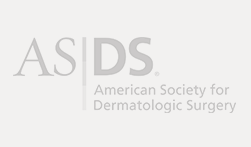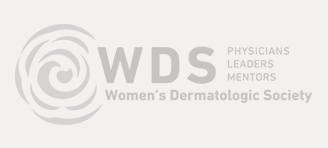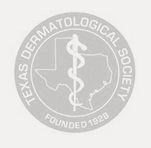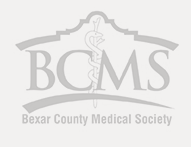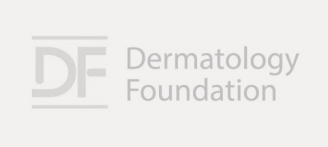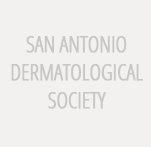It is important to promptly treat rosacea symptoms. With prompt treatment, sign and symptoms can be relieved and controlled. If left untreated, rosacea only will worsen.
Examples of advanced stages include the rare complication called Rhinophyma, characterized by skin thickening and the nose becoming “bulbous”; Ocular Rosacea, characterized by chronically bloodshot and irritated eyes, with conjunctivitis as a common occurrence. Another advanced stage or symptom is facial edema. This occurs when the face swells as a result of the lymphatic system becoming overwhelmed with excess fluids and proteins leaking from blood vessels. Basically, the lymphatic system cannot drain this excess fluid as fast as its production.
The lists for causes and triggers of rosacea are extensive. Early diagnosis by a dermatologist is important, not only to prevent progression of this skin condition, but also because there are many other skin and health issues that can resemble rosacea symptoms.
Treatment Options
After your medical diagnosis of rosacea, treatment options may include: Chemical Peels (seemingly contraindicative, but highly effective), AFT (quickly and visibly reduces flushing and broken capillaries), and other Laser Treatments that target pigment and vascular issues.
Product options may include Prescription Medications (topical and oral), Medical Grade Products developed to reduce inflammation, such as Epionce and Avene’s Antirougeurs line of products.*
*Patients with rosacea should become familiar with common rosacea irritants, such as fragrance, alcohol, witch hazel, peppermint, etc., and with triggers, such as sun exposure, heat, spicy foods, dairy, stress, etc.
A wonderful source of information on rosacea: National Rosacea Society, rosacea.org




